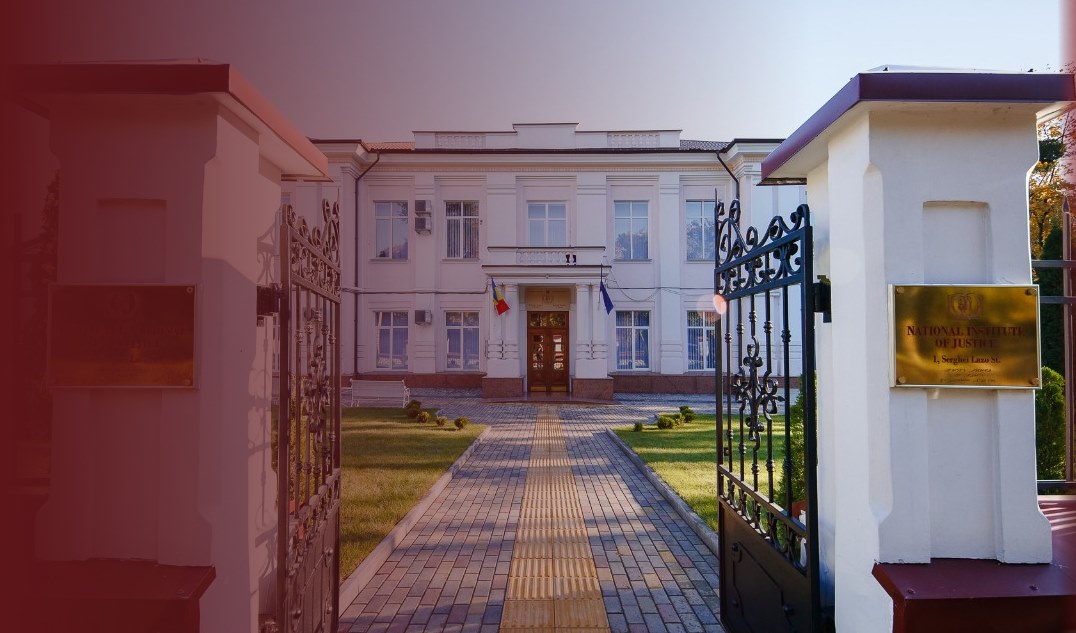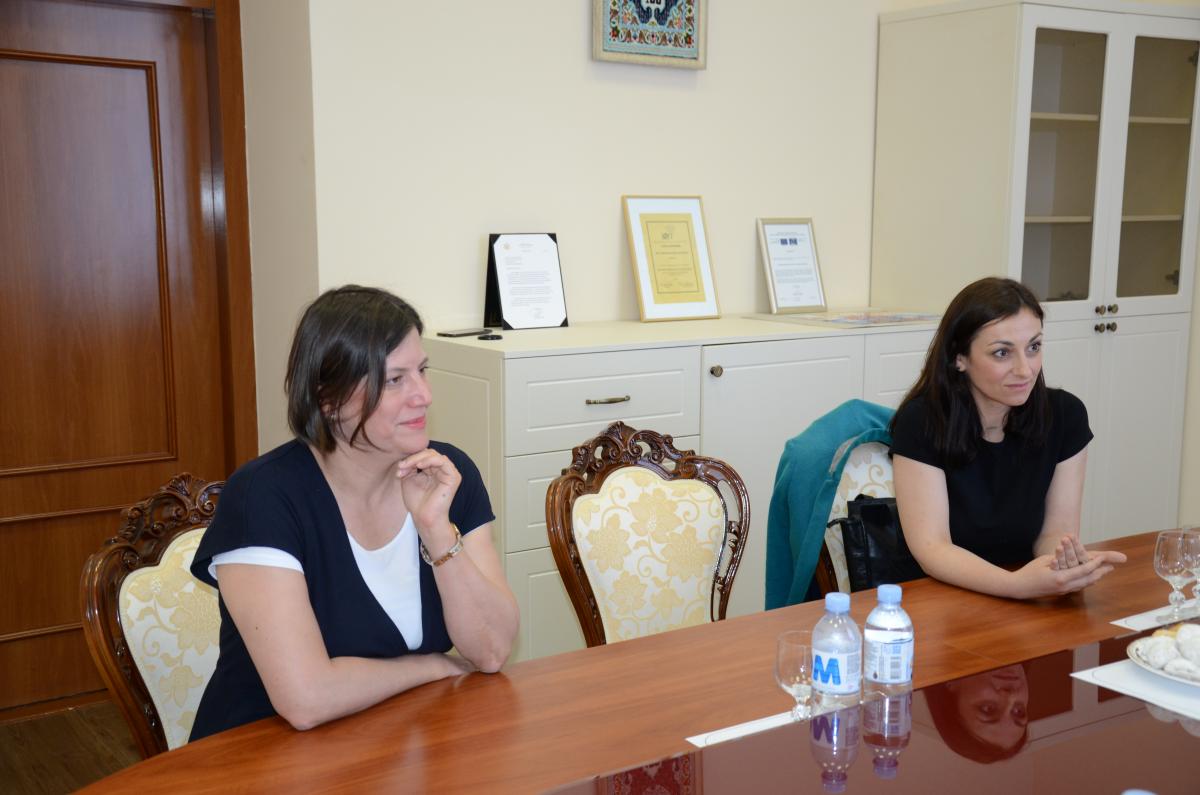The Director of the National Institute of Justice, Diana Scobioala, met on Wednesday, June 12, 2019, with the Council of Europe experts - Ana Medarska-Lazova, HELP Project Officer, and Katrin Uerpmann, Deputy Secretary of the Committee on Bioethics. The meeting was also attended by Rodica Gramma, doctor in medical sciences, member of the Bureau of the CoE Committee on Bioethics.

